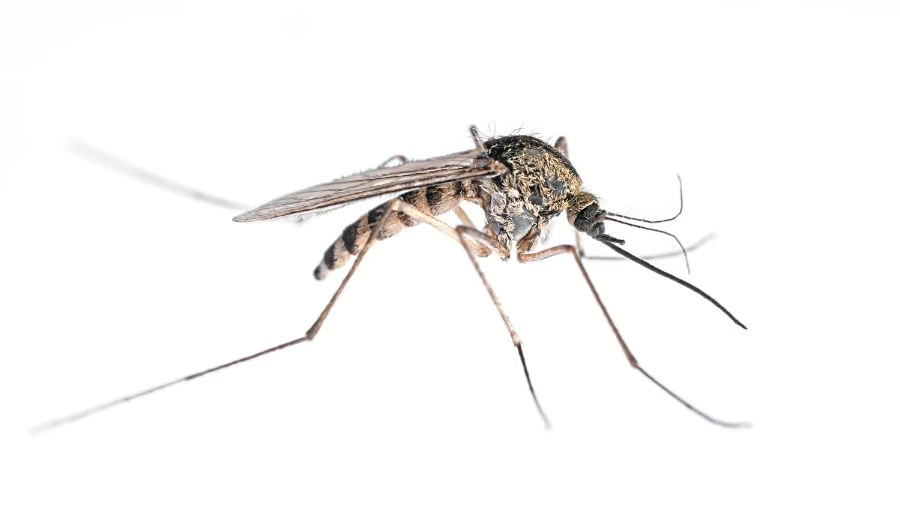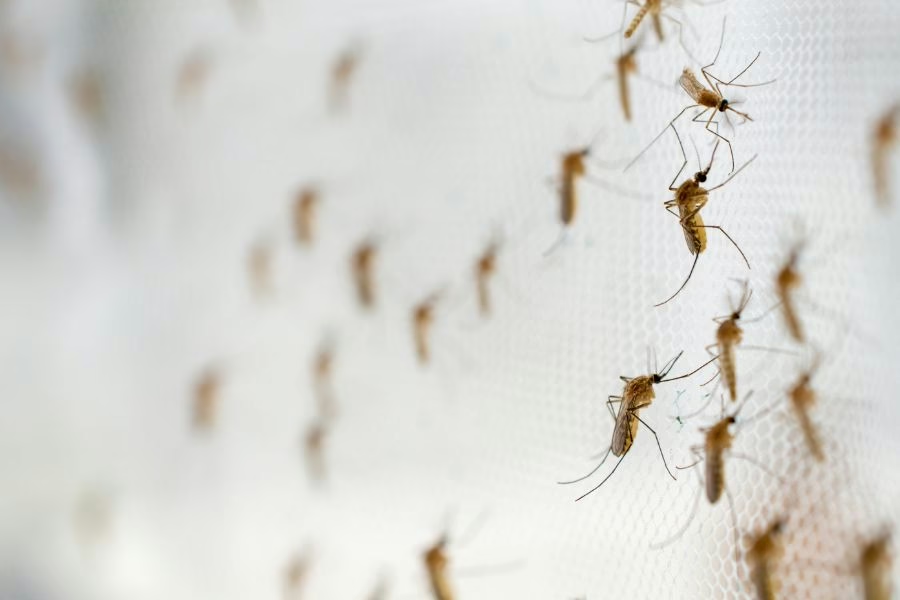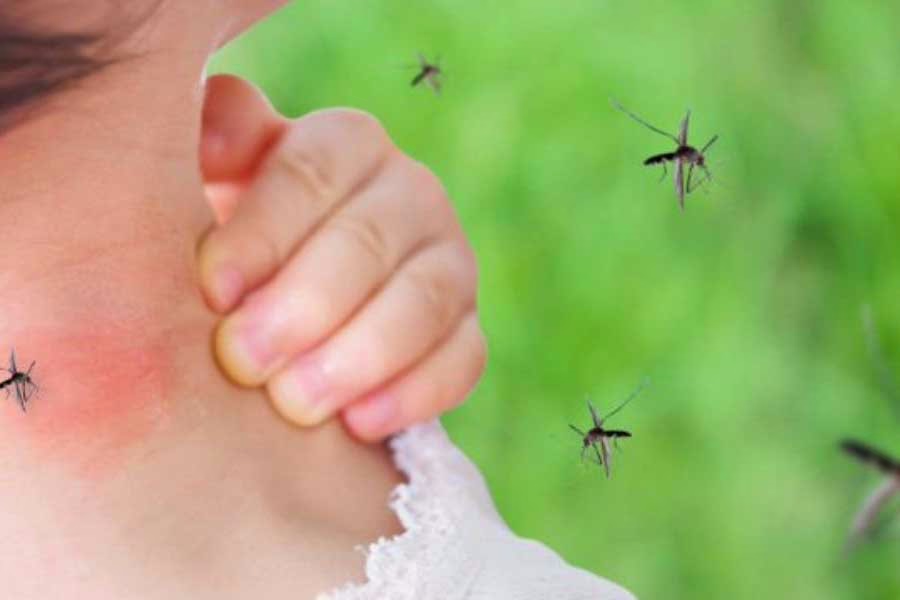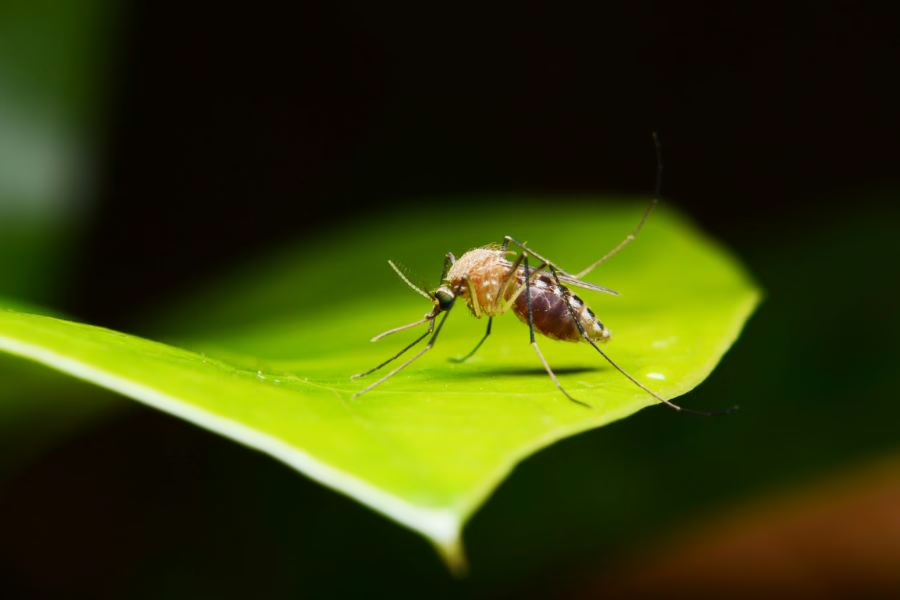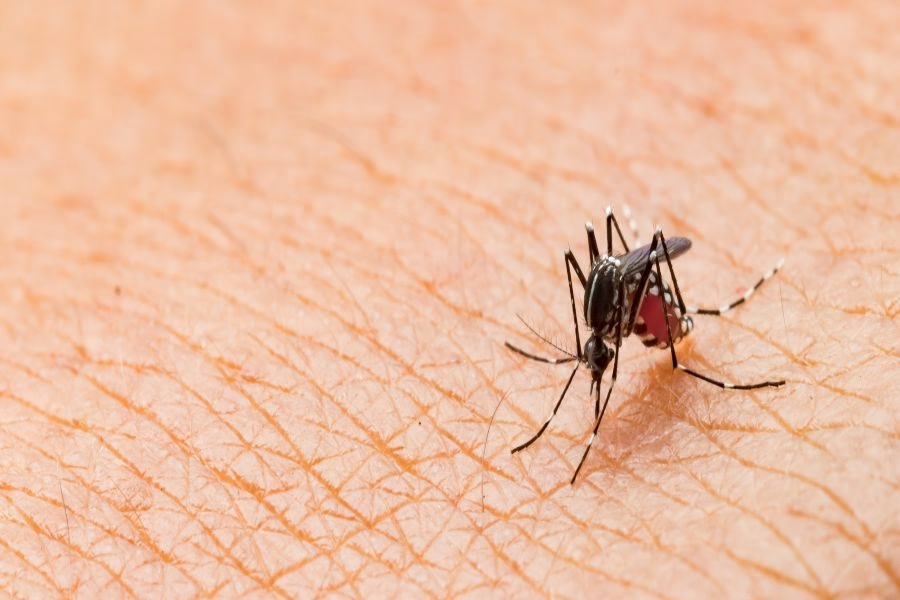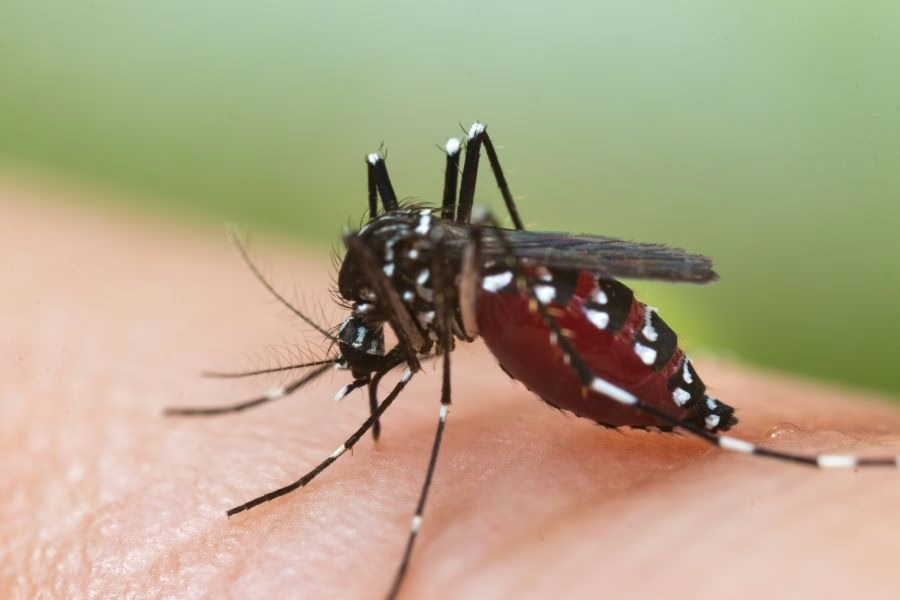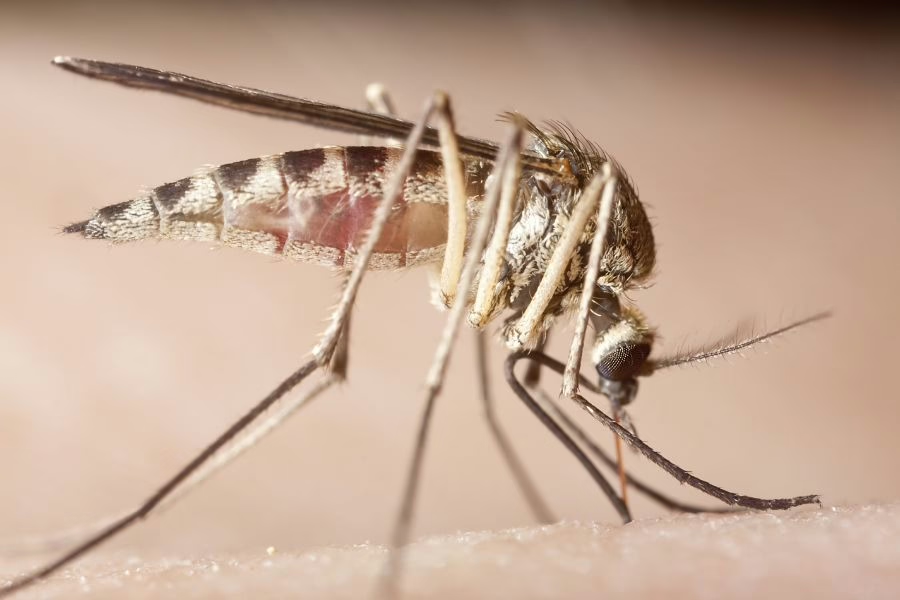Mosquito Identification
Identifying Mosquitoes
Treating for Mosquitoes
Preventing Mosquitoes
Identifying Mosquitoes
Treating for Mosquitoes
Preventing Mosquitoes
- How to prevent mosquito bites in North Carolina
- How to prevent mosquitoes in your yard
- Do citronella candles keep mosquitoes away?
- How do you keep mosquitoes away naturally?
- What is the most effective mosquito repellent in North Carolina?
- Do mosquito traps really work?
- Are mosquitoes attracted to light?
- What are the best plants to keep mosquitoes away?
Mosquitoes are frequently misidentified for other bugs. The main characteristics that set mosquitoes apart are their small size and long proboscis, which they use to feed.
In order to reproduce, female mosquitoes require a source of stagnant water to lay her eggs in. Popular mosquito breeding grounds include birdbaths, buckets, stacks of tires, and more.
We all know someone who is a “mosquito magnet”. Many factors play into what makes someone attractive to mosquitoes, including blood type and natural scent.
Contrary to popular belief, mosquitoes do not feed solely on blood. In fact, only female mosquitoes require blood meals. Nectar is a mosquito’s source of sustenance.
Mosquitoes are most known for their bites. In general, mosquito bites heal in just a few days with mild symptoms. Learn how to identify mosquito bites with expert tips.
Fortunately, mosquitoes are unable to transmit HIV. Even if they feed on an infected host, they do not inject blood when feeding and thus do not transmit HIV.
Mosquitoes are infamous for carrying and transmitting some of the world’s most dangerous diseases, from West Nile virus to Zika. Learn all about mosquito-borne diseases here.

